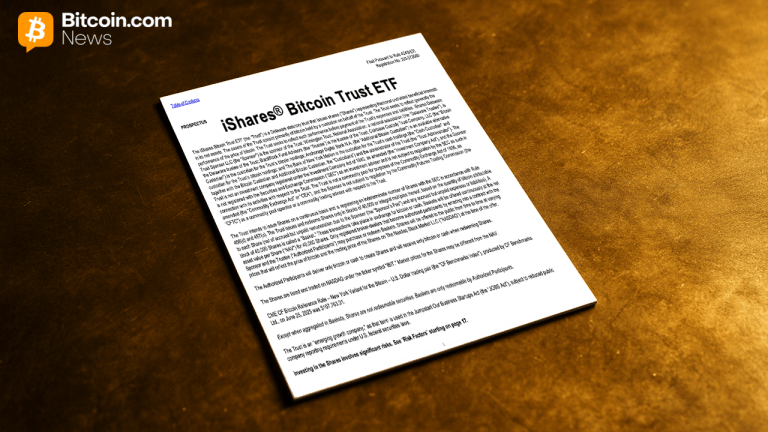St. Louis Zoo returns to ranks of borrower for WildCare Park campus
3 min read
The St. Louis Zoo Subdistrict will take on $134 million of debt Tuesday as its looks to wrap up financing for its WildCare Park campus in north St. Louis County.
Cash, funds from a capital campaign and proceeds of the bond issue being sold on behalf of the Zoological Subdistrict of the Metropolitan Zoological Park and museum district of St. Louis and St. Louis County will finance the $230 million project currently now underway.
Stifel will senior manager the issue selling through the Missouri Development Finance Board. Bond proceeds will pay for some other projects and also cover interest on the bonds for three years.
Moody’s gave the district a first-time issuer rating of Aa2 with the bonds assigned an A1. The two-notch distinction reflects the annual risk of non-appropriation and the less essential nature of the financed assets.
S&P Global Ratings assigned an issuer rating of AA (stable) and AA-minus to the bonds.
“The rating reflects our view of the subdistrict’s large and diverse economic base, very strong reserves and liquidity supported by healthy operating surpluses in recent years, and low-to-moderate debt burden, accompanied by manageable anticipated debt service carrying charge and pension liabilities,” said S&P analyst Ying Huang.
“The Aa2 issuer rating reflects the Zoo Subdistrict’s revenue structure that benefits from voter-approved sales and property tax levies to support the zoo enterprise operations,” Moody’s said. Cost overruns or construction delays for the WildCare project could damage the rating.
Moody’s does not assign an outlook because of the low amount of debt.
The subdistrict owns the zoo but it benefits from the Zoo Association, a nonprofit formerly was known as the Zoo Foundation, that raises funds for operations and capital projects.
Zoo Foundation issued debt in 1998 that was paid off in 2008 so the new money introduces a credit to the market.
The zoo receives support from a city and county property tax and in 2019 began receiving sales taxes after voters signed off by referendum in a 2018 vote. The new revenue stream helped the district build up surpluses including one last year of $30 million that covered 47% of operations. Property and sales taxes make up about 58% of zoo revenues.
“The healthy surplus was driven by a recovery in attendance from COVID-19-related closure and restrictions, resulting in increased on-grounds income at the zoo, as well as growth in tax revenues,” S&P said.
Prior to fiscal 2021, the subdistrict posted surpluses of $12.3 million and $8.2 million in fiscal years 2019 and 2020, respectively, following a deficit of $1.2 million in fiscal 2018 before the sales tax was imposed. A $24 million surplus is expected for fiscal 2022. Future surpluses will help fund the WildCare project through 2024.
The zoo — which covers 93 acres that house about 14,000 animals from 500 species — stands out as one of the area’s most popular cultural attractions with more than two million visitors annually.
The new 425-acre campus will house “a unique outdoor adventure that sends guests on a safari through herds of animals roaming wild over gently rolling grassy meadows and through native forests,” according to a description of the project. “More than a safari, visitors also will explore the forests on trails and, for the more adventurous, high up in the forest canopy.”
The animals selected for the safari areas are a mix of endangered and non-endangered species, although endangered species were given the highest priority during selection.
The second component is the Kent Family Conservation and Animal Science Center made possible by a Kent family donation. The space will be used by conservationists to sustain populations of endangered species, conduct research and engage in applied conservation programs.?”It is key to the Zoo’s work to advance wildlife conservation efforts,” according to the zoo.
The zoo reported in July that building demolitions were nearing completion and perimeter fence installation was underway with animals arriving in 2023 for pilot pasture ahead of a targeted 2027 opening.







